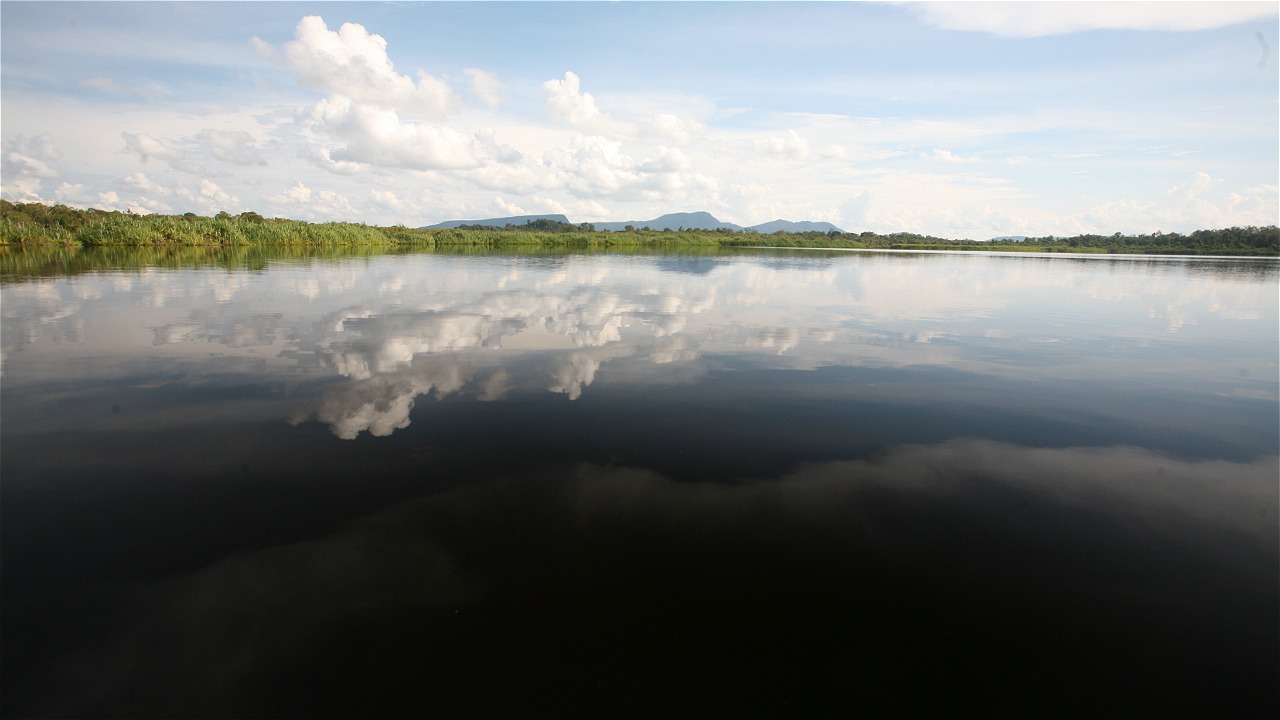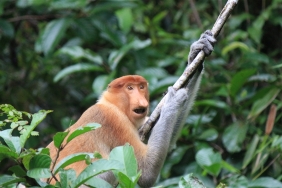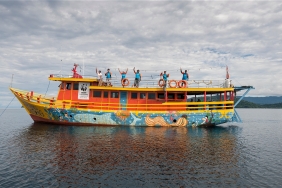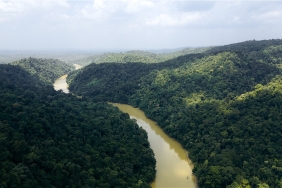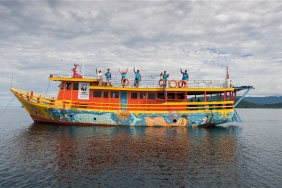GETTING TO KNOW INDONESIA'S FOREST CONSERVATION EFFORTS IN BUMI PANDA
By: Sani Firmansyah (Bumi Panda Coordinator)
The Bandung Institute of Technology (ITB) Forestry Student Association visited WWF-Indonesia's Bumi Panda on Sunday (30/10). They wanted to get to know and expand their knowledge about the conservation efforts carried out by WWF-Indonesia for forests in Indonesia. The activity began with a tour around Bumi Panda where the students were introduced to the 'umbrella species' or animals that are the focus of WWF-Indonesia's conservation.
As they toured Bumi Panda, several questions arose, among them coming from Yarzuqh, a 3rd semester student, Faculty of Forestry, Bandung Institute of Technology. "Sis, I often hear that in addition to hunting, changes in forest functions also affect the decline in the population of animals inside. The question is, how can that happen?" he asked. "So the relationship between why it can happen is because based on the data, one individual Sumatran elephant needs to eat up to 200 kg to fulfill its needs. Imagine if forest cover continues to decrease. Sumatran elephants will have difficulty finding food, as well as other species," Sani replied with an explanation. The tour of Bumi Panda ended in the Experience Room. The room shows the history of WWF-Indonesia's conservation journey since 1962 until its achievements in 2014.
The discussion then continued in the Resources Center.
"By implementing an environmentally friendly lifestyle and supporting the #BeliYangBaik program, which aims to encourage producers and consumers to produce and use products that are labeled environmentally friendly (ecolabel). One example of an ecolabel is the FSC (Forest Stewardship Council) label for products derived from tree raw materials," explained Sani.
Students and the wider community can also help preserve forests through environmentally friendly daily lifestyles. For example, students consume a lot of paper, tissue, and pencils. If the public starts to care about using FSC-labeled products where the materials used come from sustainable forests, forest degradation can be avoided and the species in it can be maintained.
The activity was closed by watching video footage of other conservation efforts to make it easier for students to absorb information about various conservation efforts. "From this visit, we learned a lot. Hopefully, through Bumi Panda, WWF-Indonesia will also be able to support and direct us to disseminate this conservation information so that we as students can play a role in protecting this nature," hoped Mischa, a student of the Faculty of Forestry, Bandung Institute of Technology.

